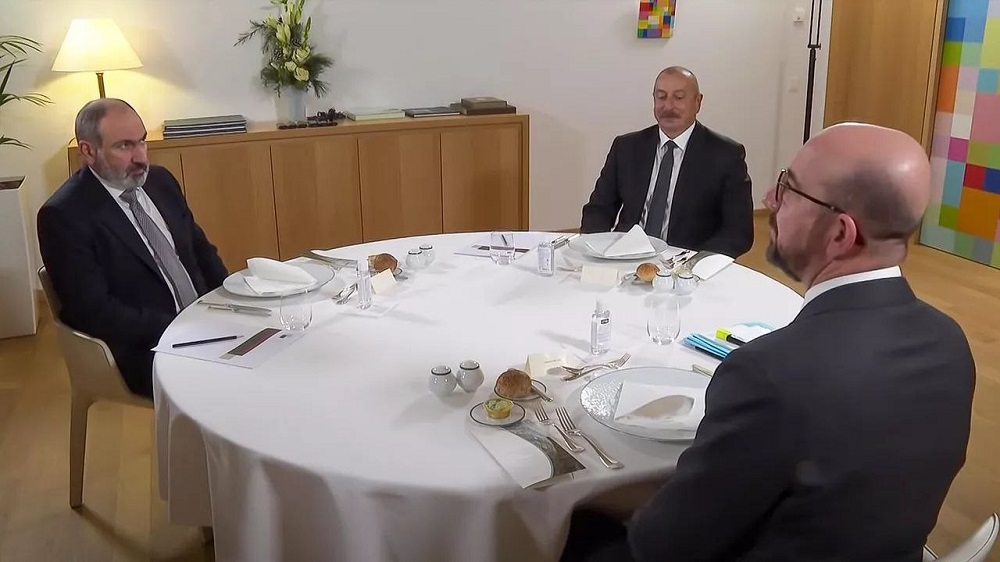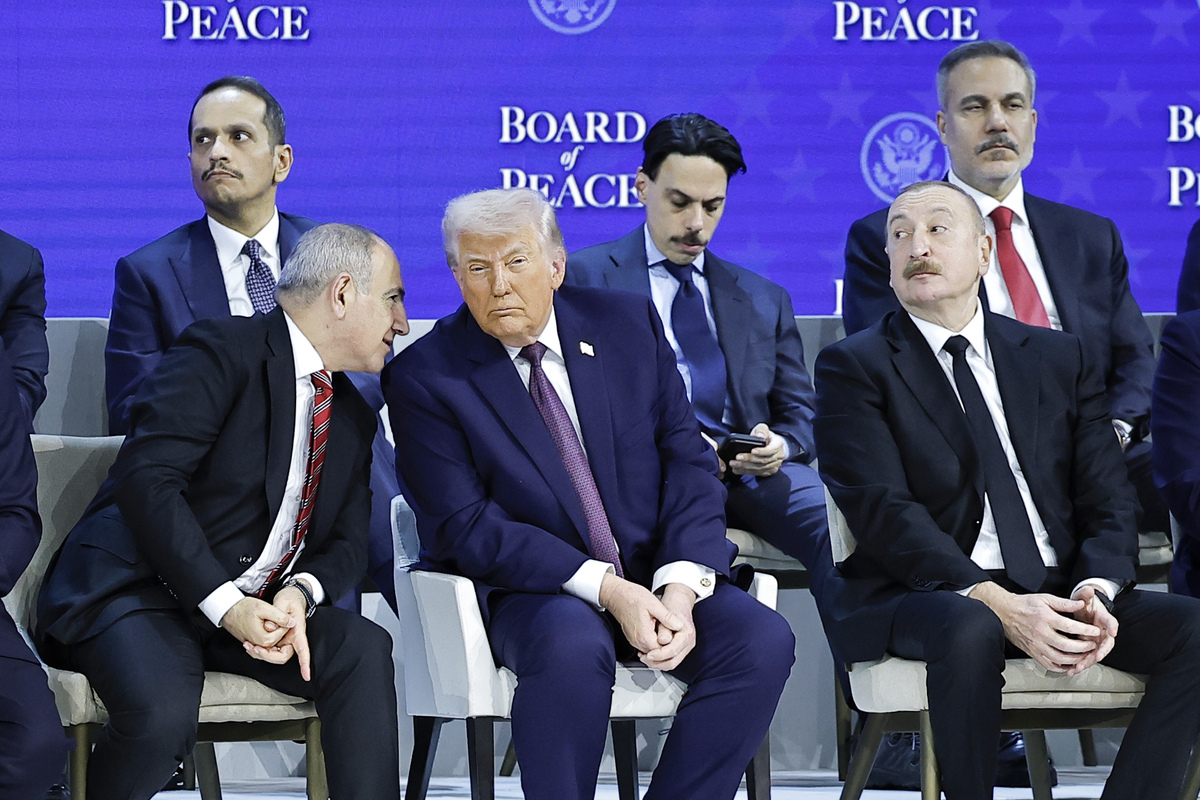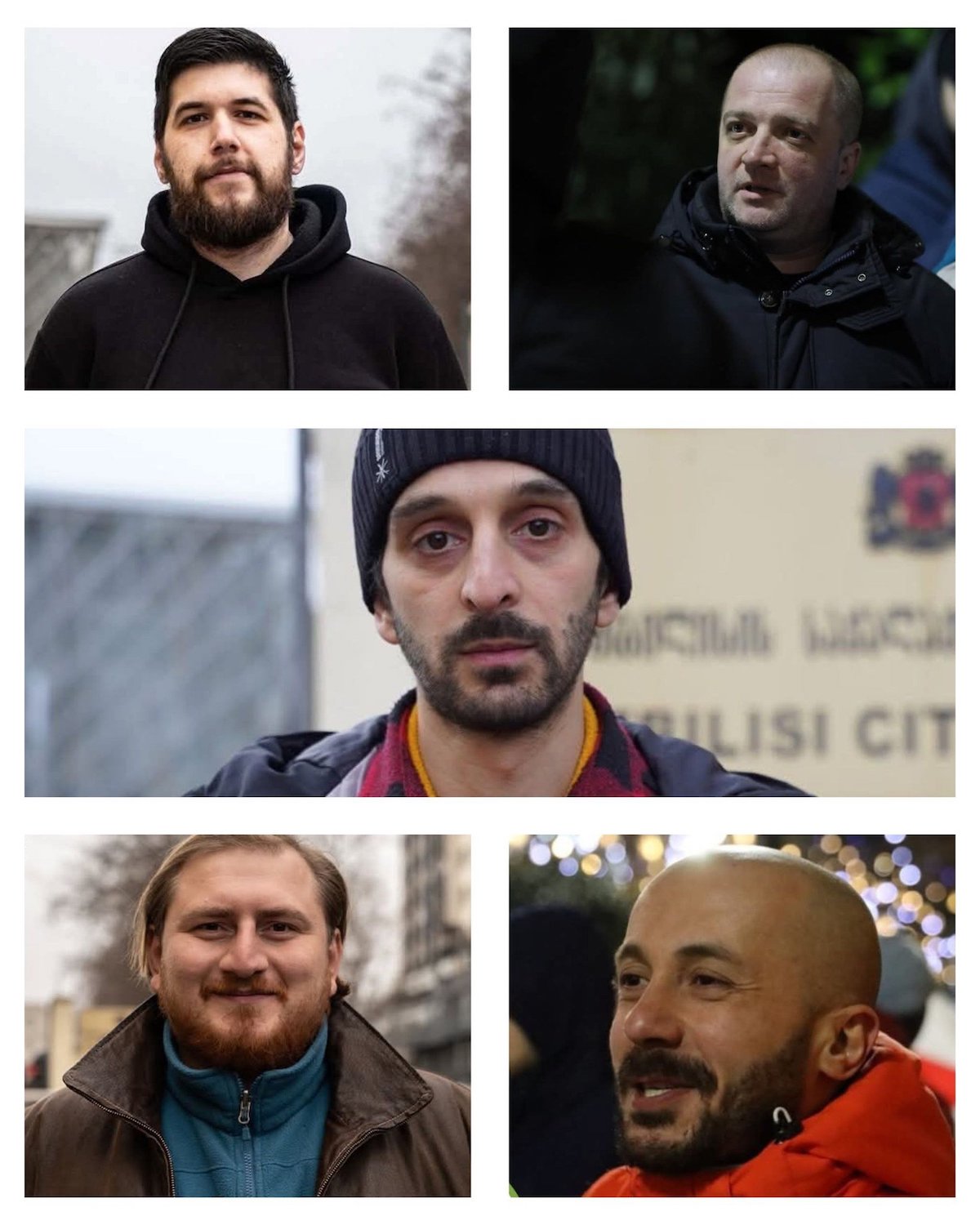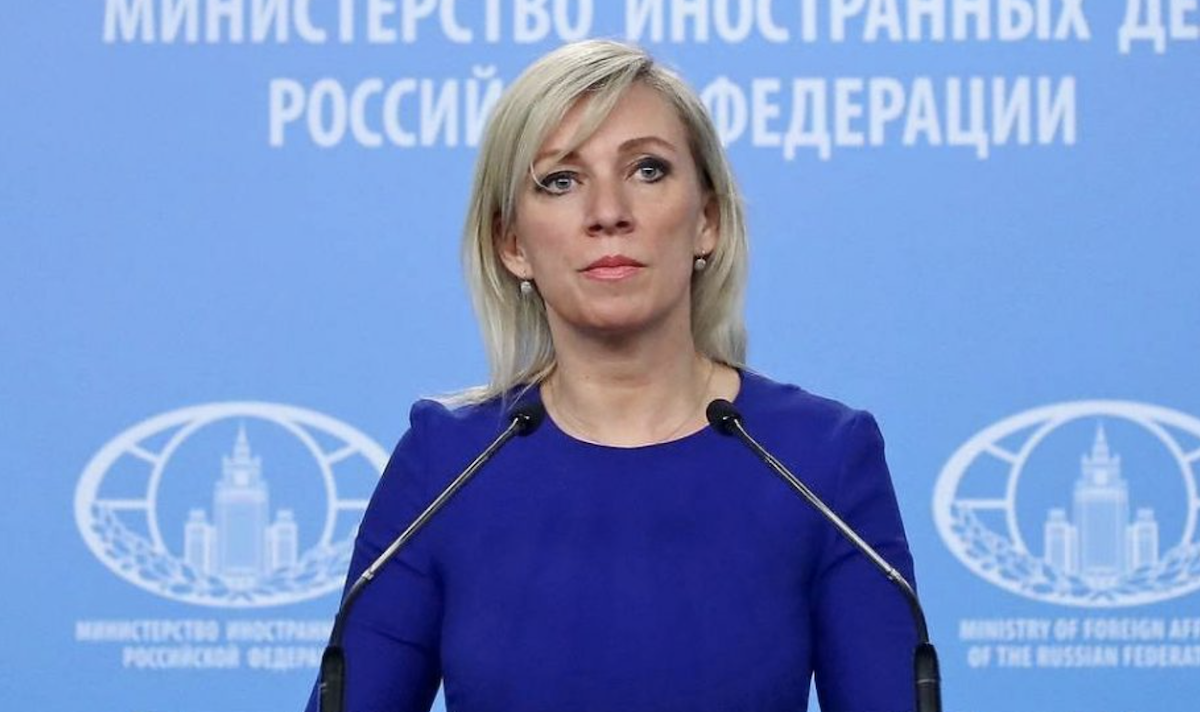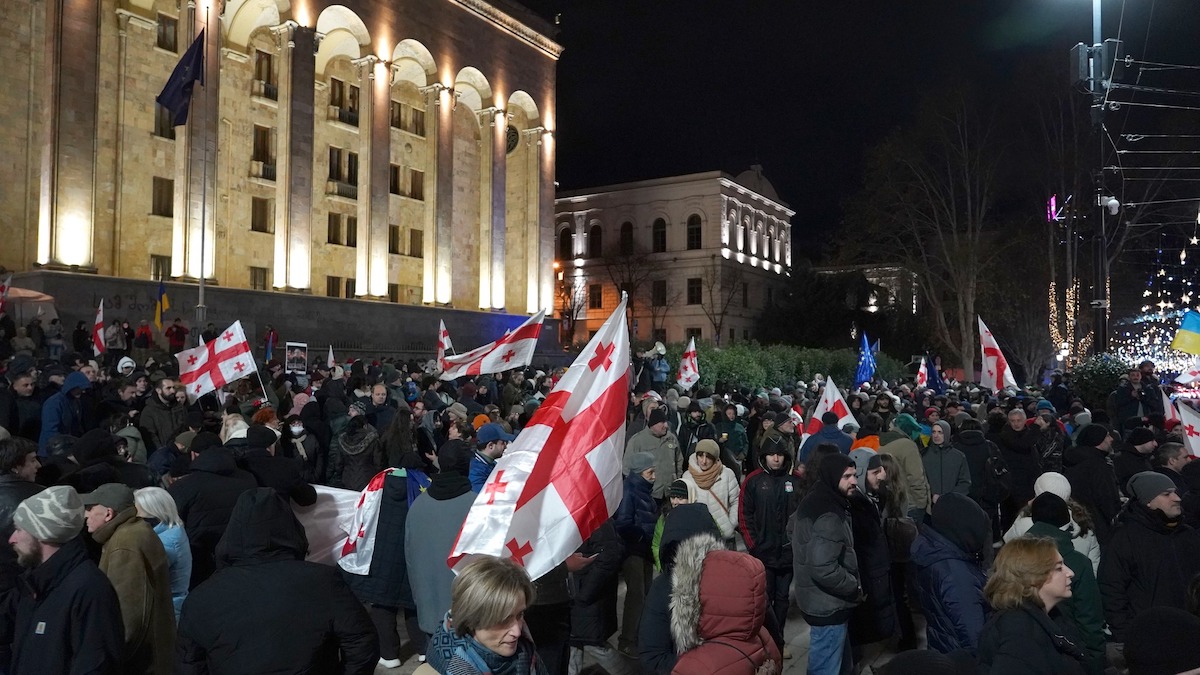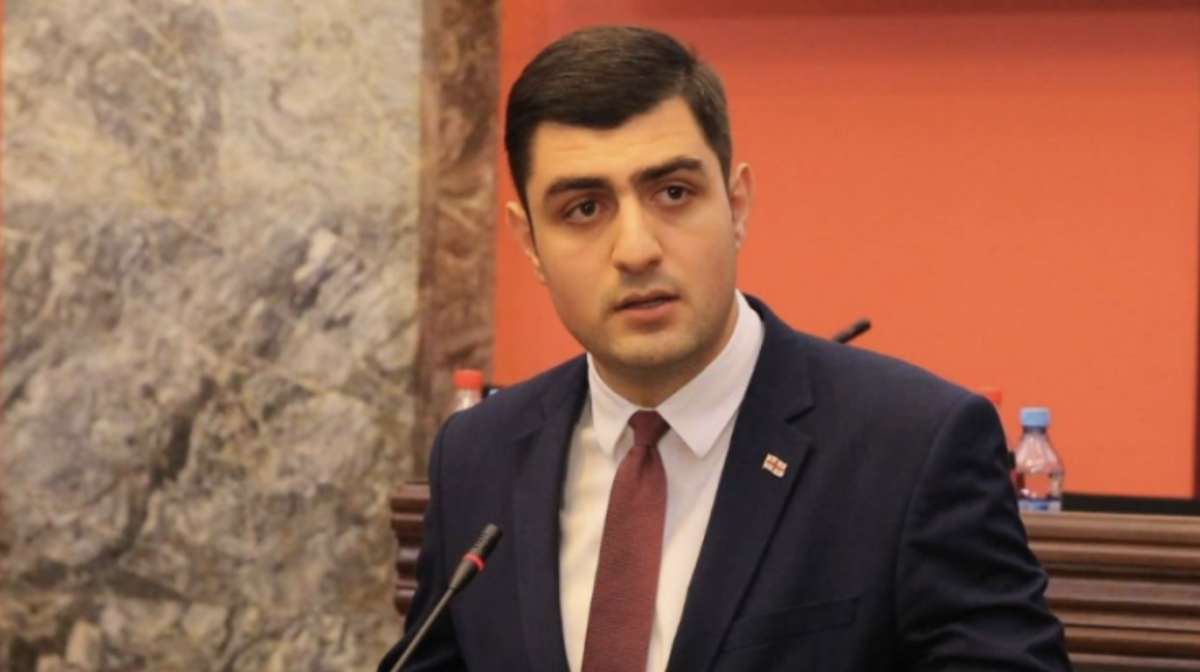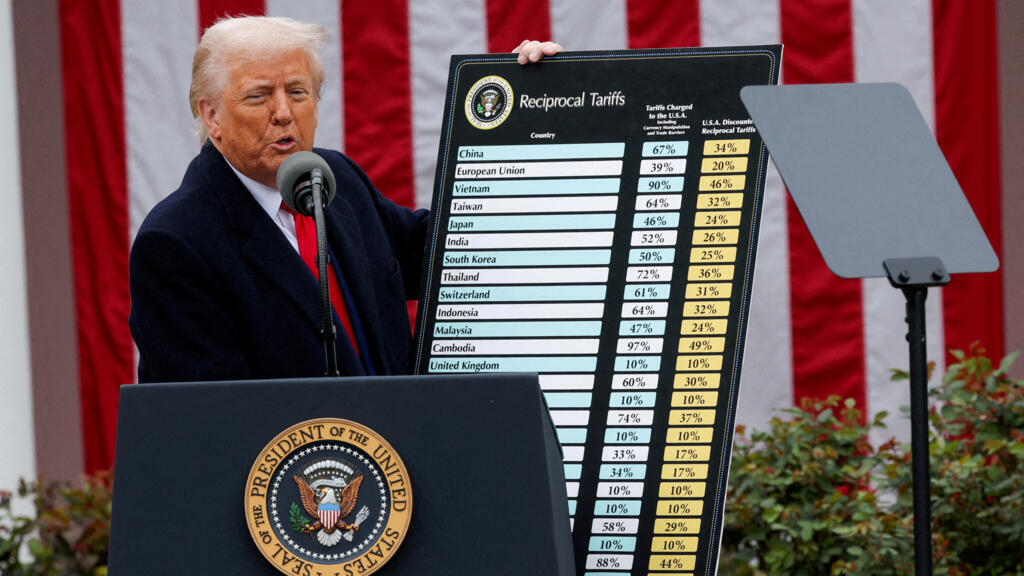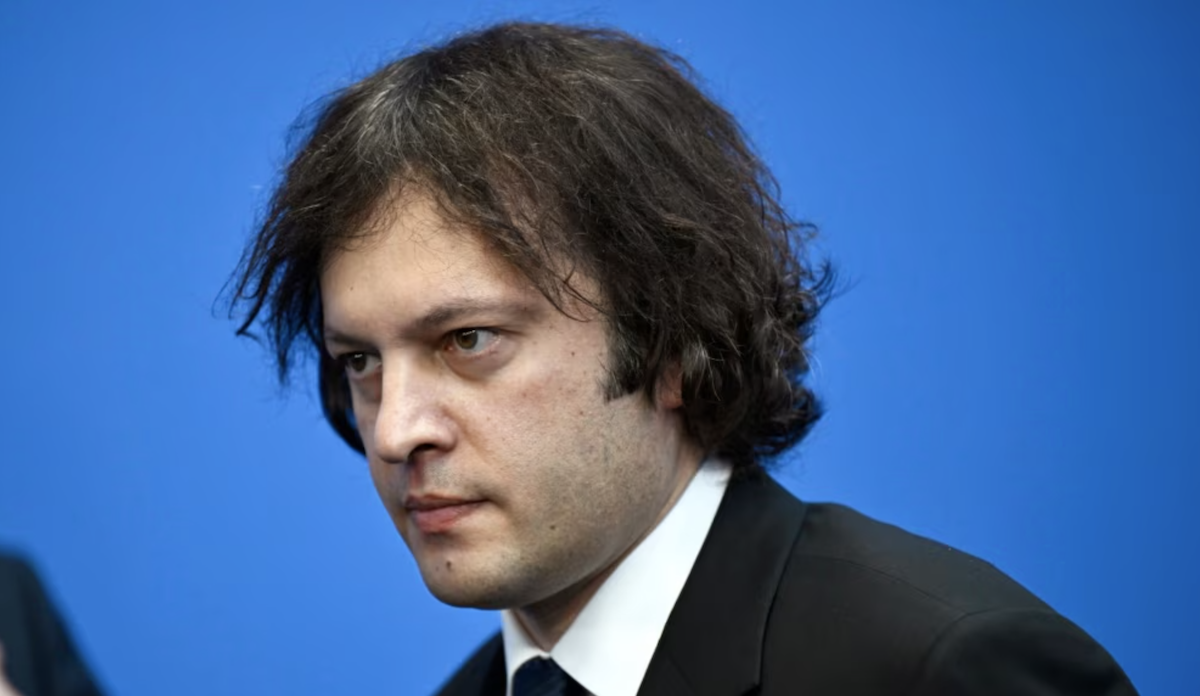Opinion from Baku: Turkey can become one of OSCE Minsk Group co-chairs
Turkey may become OSCE Minsk Group co-chair
Russian Foreign Minister Sergei Lavrov expressed doubts about the further viability of the OSCE Minsk Group. He also spoke in a dissatisfied manner about the initiative of the European Union to take over the peace treaty negotiation process between Azerbaijan and Armenia.
In order to clarify the situation with the settlement of the Armenian-Azerbaijani conflict in the light of these statements by the Russian side, the Azerbaijani edition of JAMnews turned to political observer Agshin Kerimov.
- Bone of contention: Baku, Yerevan’s interpretations of the 4th paragraph of the tripartite statement differ
- Baku claims Russian peacekeepers relocated from Karabakh to Ukraine, Moscow denies reports
- Tensions in Karabakh: No significant withdrawal of Azerbaijani troops, Armenia says
Lavrov’s statements
At a press conference after a meeting with Armenian Foreign Minister Ararat Mirzoyan, Russian Foreign Minister Sergei Lavrov made important statements on the settlement of disputes between Azerbaijan and Armenia.
“I don’t know what will be the future fate of the OSCE Minsk Group on Karabakh.
Our French and American partners in this group, in a Russophobic frenzy, in an effort to cancel everything and everything related to the Russian Federation, said that they would not communicate with us in this format. This is their choice”, Lavrov said.
The head of the Russian Foreign Ministry also ambiguously assessed the initiative of the European Union to take mediation into its own hands in the negotiation process on a peace treaty:
“I drew attention to the fact that in the EU communiqué following the meeting in Brussels, Russia was never mentioned anywhere.
This suggests that it is more important for the EU leadership to develop what has been achieved or to use the Karabakh theme in order to celebrate along their Russophobic line”.
`Expert commentary
According to political observer Agshin Karimov, the OSCE Minsk Group consists of 11 members and three of them are co-chairs of the group. Lavrov, on the other hand, “slammed” his rivals in the institution of co-chairs – France and the United States.
“Lavrov’s statements update the abolition of the institute of co-chairmanship or the change in the format of the negotiation process. Azerbaijan at the official level spoke about the need for this even before the 44-day war.
This statement by Lavrov is not as important from a practical point of view, because Azerbaijan has repeatedly declared its distrust of the OSCE Minsk Group. Now the Kremlin is announcing the “funeral” of the institute of co-chairs.
Currently, Azerbaijan is keeping aloof from the Minsk Group, and in the negotiation process it is trying to pursue a balanced policy between Russia and the West.
For Azerbaijan, the most important factor is Turkey. And if the institution of co-chairing is not abolished and only its format changes, Turkey may well become one of the co-chairs.
But all decisions on changing the format of the Minsk Group can be made at the OSCE conference”, the expert said.
Commenting on the following statement by Lavrov regarding the EU initiative to take an active part in the negotiation process for a peace treaty between Azerbaijan and Armenia, the political observer noted:
“Azerbaijan’s room for maneuver has greatly increased in the post-conflict period. The support of Great Britain, the good will of the European Union in the status of a neutral party, the increase in international support for official Baku, the factor of Turkey, the preservation of relations with Russia open the way to such opportunities.
We are seeing dividends from this even today. In the latest documents there is no reference to the co-chairs, the expression “Nagorno-Karabakh” is not used.
Baku’s exclusive role in the energy market in Europe in a dramatically changed world order is unprecedentedly increasing Azerbaijan’s weight in the eyes of the West. All these factors will support Azerbaijan during the preparation of the peace treaty, but there will also be obstacles”.
Agshin Kerimov also assessed the likelihood of creating a deadlock with negotiations on a peace treaty as a result of the struggle between the West and Russia for mediation in this matter.
“We should not forget that it was in the context of confrontation with the West that Russia once managed to take the initiative in the settlement of the Karabakh conflict into its own hands. But in the post-conflict period, the West has rejoined the fight, and now it has the upper hand. But in any case, the West cannot demonstrate the potential to completely exclude Russia from this process.
All this actualizes the confrontation of large forces during the period of peace negotiations, but this cannot prevent Azerbaijan from achieving its goals”, Karimov concluded.










